Wildlife crime is one of the greatest challenges facing conservation, and one of the conservation tech world's biggest areas of innovation. With new ideas and solutions constantly being put forth to track and protect species targeted by poachers, manage protected areas and support rangers, and combat the growing online market for illegal wildlife products, the engineers and conservationists working to solve wildlife crime's many challenges rely on tools like machine learning, biologging, camera traps, acoustic monitoring, drones, mobile apps, and more.
This wide variety of overlapping technology makes our Wildlife Crime group a potential melting pot for many of our other communities, and makes it an especially exciting place to find collaborators working in different tech spheres to meet a common goal. Whether you're a camera trap expert looking for information on thermal vision to spot potential poachers, a machine learning expert with the skills to analyze acoustic data for gunshots, or a protected area manager seeking the latest integrated mobile tools, this group can connect you with the right members of our community!
Below, you'll find WILDLABS resources and conversations to help you understand how different technologies are being put to work in the fight against wildlife crime, and what conservation tech practitioners need for these tools to be effective.
Three Tutorials and Videos for Beginners:
- How do I use AI to fight wildlife crime? | Lily Xu, Tech Tutors
- WWF Wildlife Crime Technology Project | Eric Becker, Virtual Meetups
- SmartParks | Laurens de Groot, Virtual Meetups
Three Forum Threads for Beginners:
- Snare detection technologies | Rachel Kramer
- Tools for conservation management | Chris Muashekele
- Looking for Intelligence Database Software | Dexter Oelrichs
Three Articles for Beginners:
- Using AIS data to investigate the world's fishing ports, Max Schofield
- How do Wildlife Crime Experts view Remote Sensing Technologies used to Combat Illegal Wildlife Crime?, Isla Duporge
- Metal Detecting Sensors for Anti-Poaching, Sam Seccombe
Join this group now to get to know our community and start discussing solutions and ideas together!
Header photo: © Frank af Petersens/Save the Elephants
- 1 Resources
- 2 Discussions
- 7 Groups
WILDLABS
This account is managed by the WILDLABS Team. Tag us or DM whenever you need help from our community team.



- 22 Resources
- 23 Discussions
- 11 Groups
World Wide Fund for Nature/ World Wildlife Fund (WWF)
- 0 Resources
- 2 Discussions
- 5 Groups
Wildlife researcher

- 1 Resources
- 12 Discussions
- 5 Groups
- 0 Resources
- 0 Discussions
- 5 Groups
wildlife crime WWF-NL
- 0 Resources
- 2 Discussions
- 6 Groups
- @Johnolang
- | Him/he
My name is John Olang. Currently a master of student at IHE, Delft Netherlands in LImnology and Wetland Management
- 0 Resources
- 1 Discussions
- 7 Groups
The University of Queensland
Passionate about using technology and data to solve conservation issues.
- 0 Resources
- 2 Discussions
- 9 Groups
Arribada Initiative
Director at Arribada, a UK-based conservation technology research & development organisation



- 2 Resources
- 98 Discussions
- 12 Groups
- @Arjun_Viswa
- | S
- 0 Resources
- 0 Discussions
- 27 Groups
Greenhood Nepal
- 0 Resources
- 0 Discussions
- 5 Groups
I run a small consulting company, Simeone Consulting, LLC, that provides research, data-driven analysis, technical expertise, and writing related to the production, consumption, and international trade of natural resources.
- 0 Resources
- 4 Discussions
- 4 Groups
Welcome to the first installment of a new series from the Wildlife Crime Tech Challenge in which we will be sharing updates from their 16 Prize Winners who are working to combat wildlife crime around the globe. This...
11 May 2017
Article
In 2016, Cambodia reached a landmark for marine conservation when a 405 km2 Marine Fisheries Management Area was declared around the islands of Koh Rong and Koh Rong Sanloem, creating the country’s first large-scale...
8 May 2017
In this From the Field interview, we speak to Dr. Raman Sukumar, a world renowned expert on Asian elephant conservation. He shares his thoughts on how technology could be used for mitigating elephant-human conflict, and...
5 April 2017
Researchers have identified 15 emerging risks and opportunities for species and ecosystems around the world in a recent horizon scanning exercise.
31 March 2017
Are you ready for this year's #Tech4Wildlife Photo Challenge? In anticipation, we're counting down our ten favourite entries from last year. Do you think you can top these?
1 March 2017
The Conservation Leadership Programme (CLP) is a training and capacity building programme that targets individuals from developing countries who are early in their conservation career and demonstrate leadership...
21 November 2016
Technology by itself will not save pangolins or elephants, but it can help make major progress.
14 November 2016
Do you work on conserving Neotropical migratory birds? Do you need funding? Why not apply for a grant from the U.S. Fish and Wildlife Service through the Neotropical Migratory Bird Conservation Act's grant program? The...
8 November 2016
As a visiting research scholar with UNODC, Isla Duporge asked wildlife crime experts about their experiences using remote sensing technologies to combat illicit wildlife and forest activities. In this article, Isla...
7 November 2016
Article
Drones are being explored for a spectrum of applications in conservation that include mapping, biodiversity inventories, antipoaching patrols, wildlife tracking and fire monitoring. However, questions remain about...
8 July 2016
Operating the largest tropical forest camera trap network globally, TEAM Network has accumulated over 2.6 million images. How can large datasets coupled with new techniques for data management and analysis provide...
28 April 2016
SMART combines a ranger-based data collection tool with capacity building and a suite of best practices aimed at helping protected area and wildlife managers better monitor, evaluate and adaptively manage their...
15 March 2016
June 2025
event
July 2025
November 2023
event
42 Products
1 R&D Projects
41 Organisations
Recently updated products
Recently updated R&D Projects
Recently updated organisations
| Description | Activity | Replies | Groups | Updated |
|---|---|---|---|---|
| Re:Wild and some of their partners have set up SMART (www.smartconservationtools.org) at several locations in the Caribbean, e.g.,and WCS has successfully implemented SMART-based... |
|
Wildlife Crime, Conservation Tech Training and Education | 8 months 2 weeks ago | |
| Hi all,maybe it helps 😉 My free manual 'Drones in Biomonitoring' - https://doi.org/10.5281/zenodo.8077113 can help to get (more) knowledge how to proceed easily and successfully... |
|
Drones, Marine Conservation, Wildlife Crime | 9 months 1 week ago | |
| This is great!!!!! Thank you for sharing |
|
Wildlife Crime | 10 months 1 week ago | |
| Hello guys,I'm looking into the topic of measuring species vulnerability to overharvesting of species in trade. I am exploring existing... |
|
Ending Wildlife Trafficking Online, Marine Conservation, Wildlife Crime | 1 year ago | |
| I am interested in expanding our capability and understanding of snare detection by canines. We have two canines working in Asia that have successfully detected snares in training... |
+16
|
Wildlife Crime | 1 year 2 months ago | |
| Hi Scott, thanks so much for sharing your thoughts here! It would be great to learn more about this, would you be interested in finding a time to chat? Thanks! |
|
Marine Conservation, Sustainable Fishing Challenges, Wildlife Crime | 1 year 2 months ago | |
| Hi Danilo. you seem very passionate about this initiative which is a good start.It is an interesting coincidence that I am starting another project for the coral reefs in the... |
|
Acoustics, AI for Conservation, Animal Movement, Camera Traps, Citizen Science, Climate Change, Community Base, Connectivity, Drones, Emerging Tech, Human-Wildlife Conflict, Open Source Solutions, Sensors, Software Development, Wildlife Crime, Funding and Finance | 1 year 3 months ago | |
| Fire detection is a sort of broad idea. Usually people detect the products of fire, and most often this is smoke.Many home fire detectors in the US use a radioactive source... |
|
Community Base, Conservation Tech Training and Education, Data management and processing tools, Ethics of Conservation Tech, Human-Wildlife Conflict, Open Source Solutions, Protected Area Management Tools, Sensors, Wildlife Crime | 1 year 4 months ago | |
| Hi folks! Happy 2024 and thanks in advance for your patience in case I over-used tags. If you’re using any form of natural language... |
|
AI for Conservation, Citizen Science, Climate Change, Conservation Tech Training and Education, Data management and processing tools, Early Career, East Africa Community, Emerging Tech, Ending Wildlife Trafficking Online, Ethics of Conservation Tech, Human-Wildlife Conflict, Open Source Solutions, Software Development, Wildlife Crime, Women in Conservation Tech Programme (WiCT) | 1 year 4 months ago | |
| Will you accept personal/hobbyist focused on conservation on their small plots of land (10-100 acres)?I would, and know others, who would happily pay more than the official... |
|
Camera Traps, Climate Change, Community Base, Connectivity, Emerging Tech, Human-Wildlife Conflict, Sensors, Wildlife Crime | 1 year 5 months ago | |
| Yes, I considered that one as well. At the time of this post (2016) the full masters wasn't available yet, only the online certificate courses. Unfortunately, both the masters and... |
|
Wildlife Crime | 1 year 6 months ago | |
| greetings! i sent you a PM regarding this, feel free to contact me however is most convenient for you - regards,chris |
|
Acoustics, AI for Conservation, Camera Traps, Climate Change, East Africa Community, Wildlife Crime | 2 years ago |
Camera traps designed for animals are now invading human privacy
22 November 2018 12:00am
A technologist's journey to protect wildlife: The reality and potential of conservation technology (recorded talk)
22 November 2018 12:00am
WILDLABS Virtual Meetup: Networked Sensors for Security and HWC Prevention
12 November 2018 12:00am
Workshop: Ivory Identification, Cambridge UK
17 August 2018 11:37am
20 August 2018 2:43pm
Hi @Rachel+Kramer
I'll scout around and see what capacity for remote participate there might be. Leave it with me!
Steph
24 October 2018 3:37pm
Hi,
I went to this workshop, led by Sonia O'Connor and James Barrett, and I would recommend it. Both Sonia and James have many years of experience identifying ivories (including elephant, hippo, walrus, mammoth, narwhal, sperm whale etc..), ivory substitutes (such as vegetable ivory, a type of nut), ivory imitations (e.g. bones) and ivory fakes (e.g. plastics). Sonia in particular has worked with CITES and is keen on training more people working in IWT.
A few interesting messages taken from the session:
- having physical identification as the first step before more complex analysis, such as DNA testing, is more cost and time-effective and can aid front line law enforcement.
- ivory often refers to elephant tusks, but it essentially includes all forms of teeth.
- ivory patterning varies between species.
- the same material can look different depending on what's happened to it.
- identification errors can be made between young elephant tusks and hippo canines (they look really similar!).
- deliberate ageing of ivory, e.g. through staining, can be obvious from the dark colour.
- elephant ivory could be dimpled to make it look like walrus ivory.
- a worked piece of ivory, e.g. a figurine, could be made of a combination of different ivories (elephant, hippo etc.) and/or bone.
- some Japanese carvers have turned to using vegetable ivory as an ethical alternative to elephant ivory.
- over time, ivory and plastic discolour very differently.
- UV lights don't always help to ID between ivory and plastic, as some plastics are florescent!
Tusk Conservation Lecture 2018: Ted Schmitt
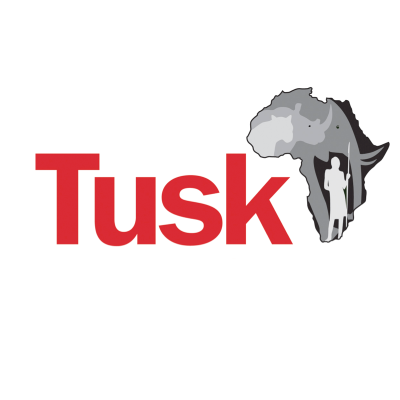 Tusk
Tusk
15 October 2018 12:00am
WildCRU Forum on Conservation Geopolitics: Developing Conversations Across Disciplines
 Conservation Geopolitics Forum
Conservation Geopolitics Forum
24 September 2018 12:00am
Webinar: Pangolin Trade in China (9 AM BST/ 3 PM ICT, 4 September, 2018)
3 September 2018 3:32pm
Online Course in Global Risks, Conservation and Criminology
27 August 2018 8:44pm
Call for citizen scientists to help unravel the mysteries of South Sudan’s forests
22 August 2018 12:00am
How to share data on species to help conserve them… whilst avoiding them being exploited by poachers
20 August 2018 12:00am
Ocean Hack: San Francisco, 10-11th September, 2018
 One Ocean Collab
One Ocean Collab
20 August 2018 12:00am
Open-source intelligence program?
3 July 2018 4:53pm
5 July 2018 8:40am
Hi Maike,
SMART (Spatial Monitoring and Reporting Tool) is open source and has an upcoming intelligence plugin that will cater for your needs. Take a look at http://smartconservationtools.org/ and reach out to them for more information.
Kind regards,
Alasdair
9 July 2018 4:20pm
Hi Maike,
In this Quora post they mention 3 tools that maybe are of interest to you: Lumify, Visallo and Thomson Reuters Data Fusion Community Edition
https://www.quora.com/What-is-a-good-open-source-alternative-for-IBMs-i2-Analysts-Notebook
Regards,
Judit
17 August 2018 4:26pm
Hi Maike!
I used ORA Pro which was developed by Carnegie Mellon University. The 'lite' version is free to use and similar to IBM - http://www.casos.cs.cmu.edu/projects/ora/software.php
Best,
Sarah
SMART Trainers
14 August 2018 11:11am
Talk: “Forensics on the Frontline”, 25th July Cambridge
24 July 2018 11:42am
IWT Horizon Scan
10 April 2018 5:54pm
Virtual knowledge exchange (webinar) - Showcase of Innovative Technology to Combat IWT
16 March 2018 1:09pm
Tools & Guidance to address the Illegal Wildlife Trade
12 January 2018 5:59pm
14 February 2018 6:35pm
Hi @Nafeesa+Esmail - are you already in touch with the TRAFFIC Network about this survey?
National Geographic Society Announces Competition to Combat Illegal Fishing
1 February 2018 12:00am
Technology Empowered Conservation Lecture Series
18 January 2018 12:00am
Instant Detect 2.0: A Connected Future for Conservation
17 January 2018 12:00am
Wildlife innovation grants available!
11 January 2018 12:00am
Congratulations to Zoohackathon winners, team ODINN!
6 December 2017 12:00am
Download New Conservation Tech Guidelines: Camera Traps, Acoustics and LiDAR
11 October 2017 12:00am
Zoohackathon 2017 Rules @ZSL
8 October 2017 1:19pm
Hey teams,
Quick link to the devpost page to submit:
https://zoohackathon2017.devpost.com
Good luck!
Steph
Datasets for all ZSL problem statements 2017
5 October 2017 4:14pm
Funding Opportunity: Leverage space technology for wildlife protection
6 July 2017 12:36pm
30 September 2017 10:05pm
Is anyone else thinking of putting in a proposal, I'm looking for collaborators? Doug
Wildlife Crime Tech Challenge Acceleration Prize Winners Announced
29 September 2017 12:00am
DAS: A Scaleable Solution For Protected Area Management
26 September 2017 12:00am
Get registered~ Zoohackathon 2017 is around the corner!
14 September 2017 4:00am
14 September 2017 11:26am
Wildlife Crime Tech Challenge: Protecting songbirds with the power of citizen science
17 August 2017 12:00am





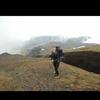

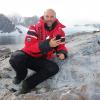



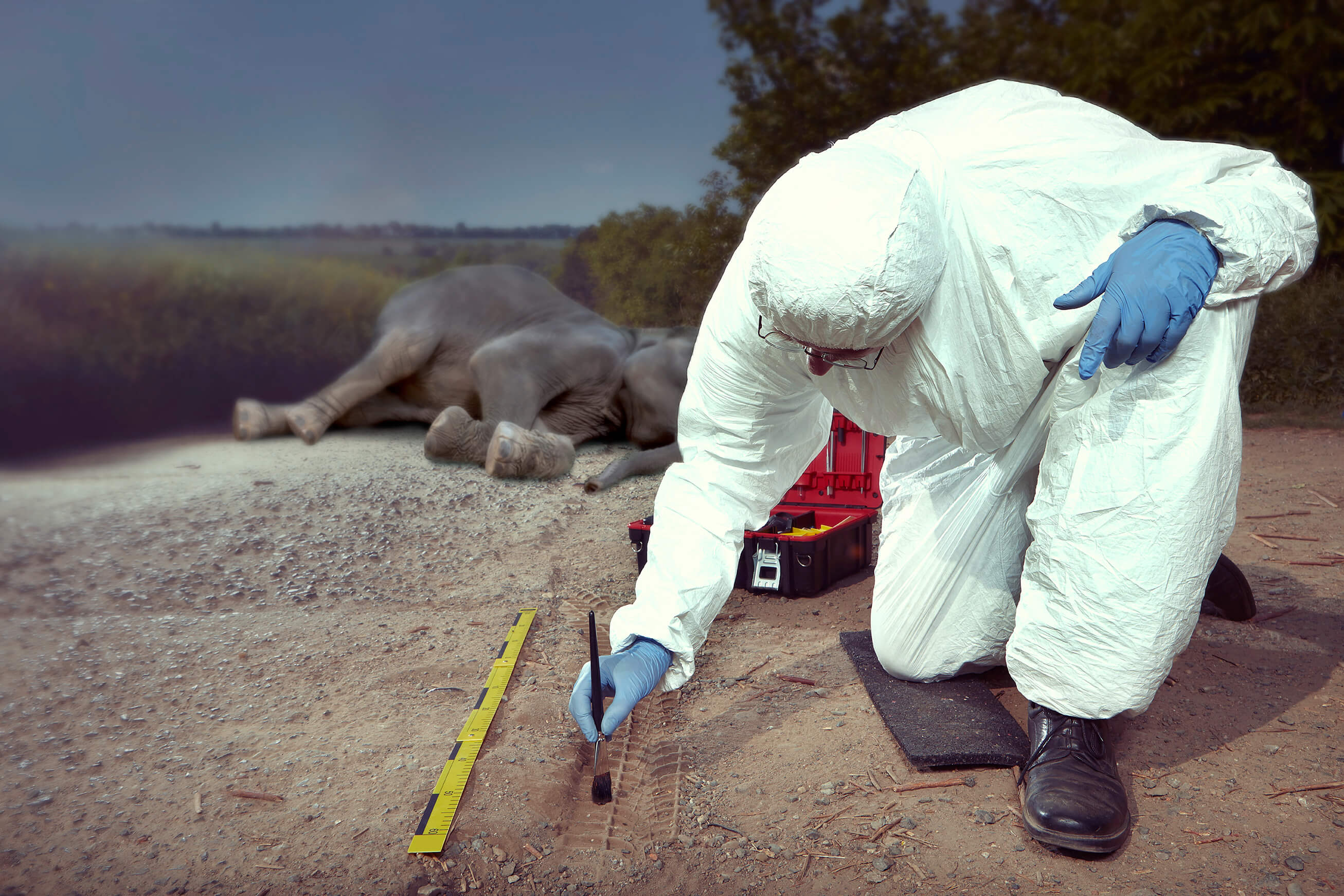
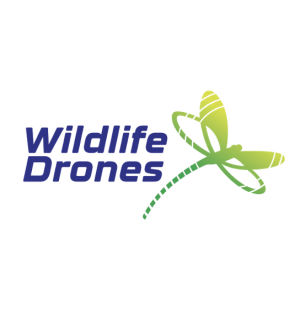











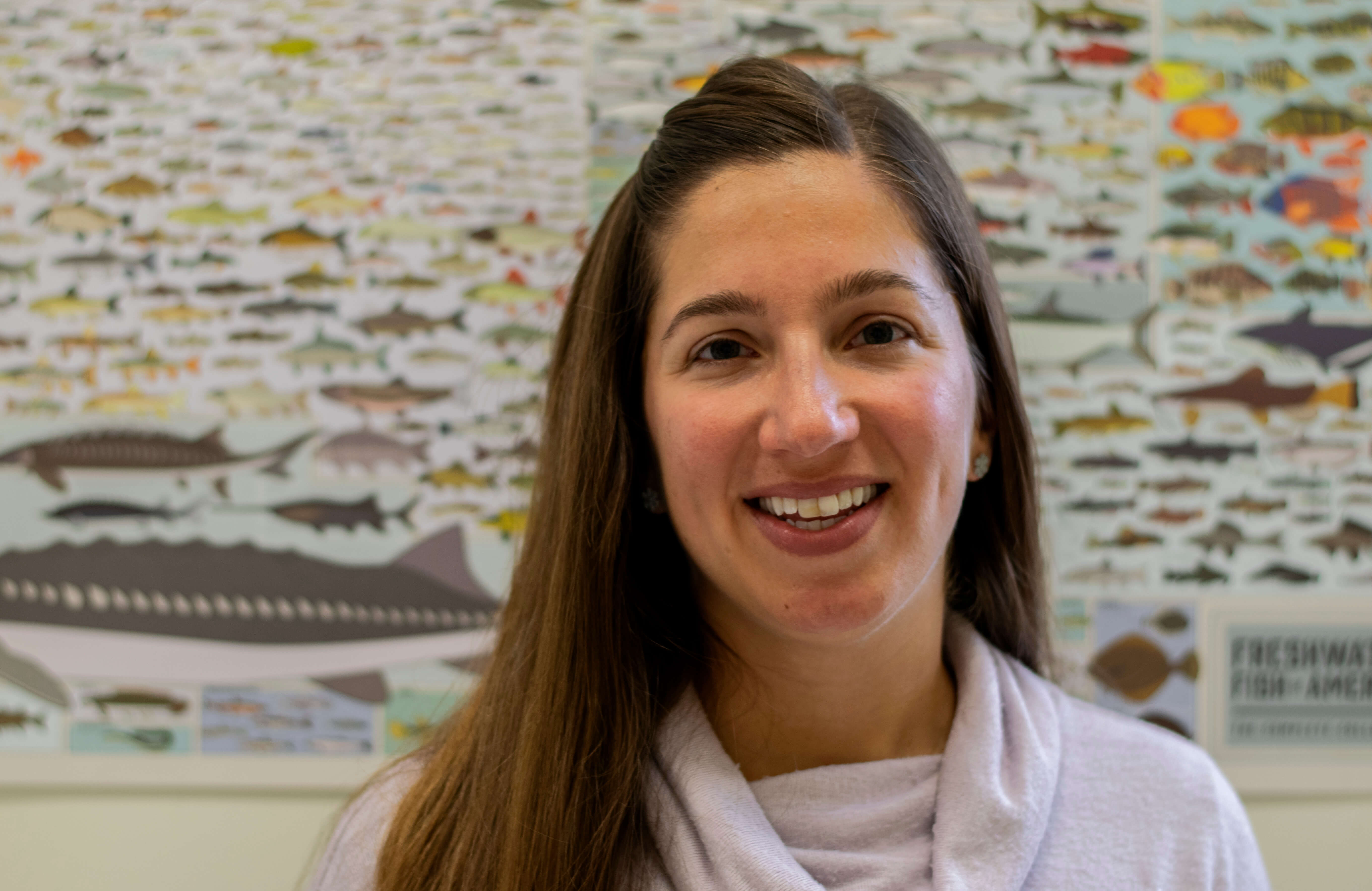

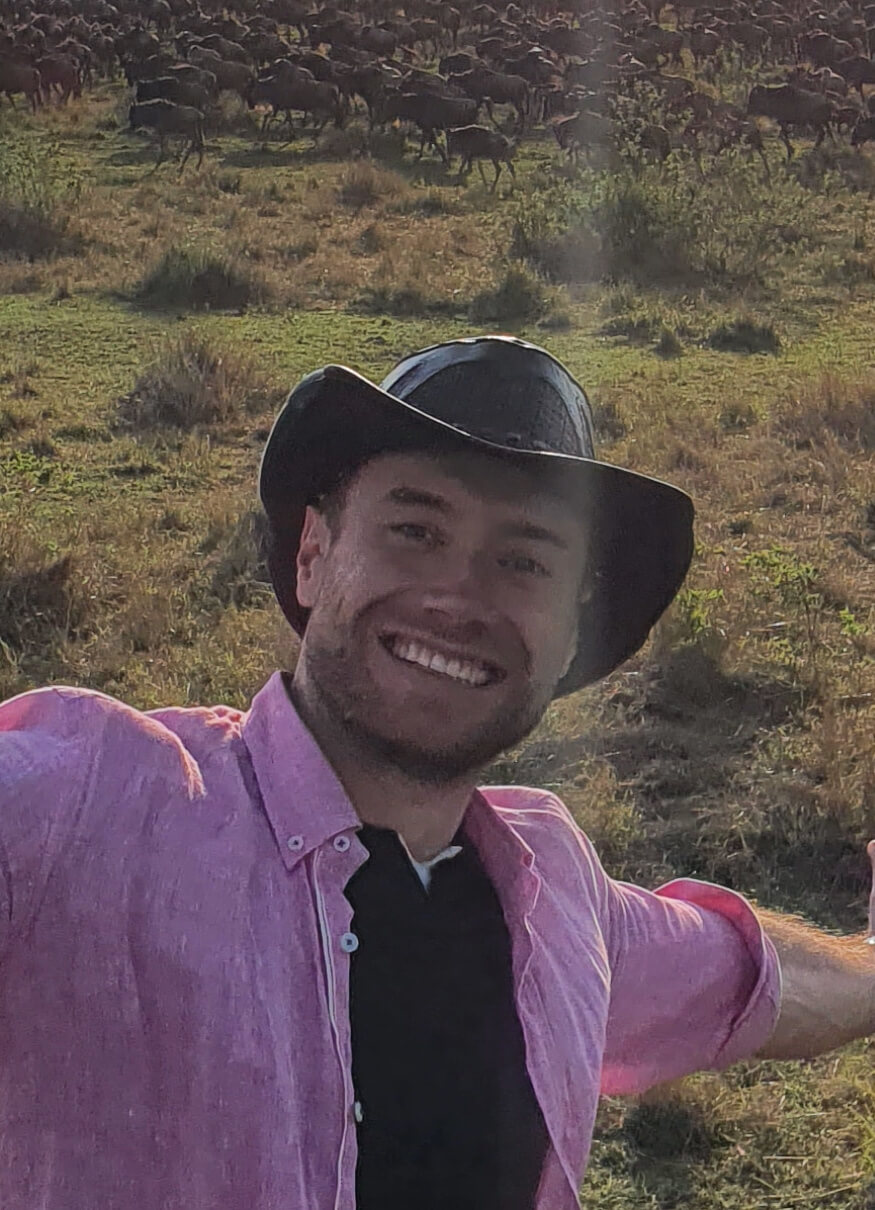





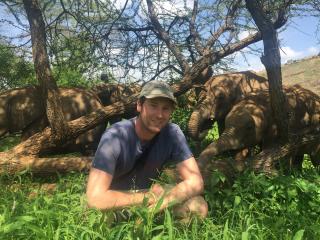






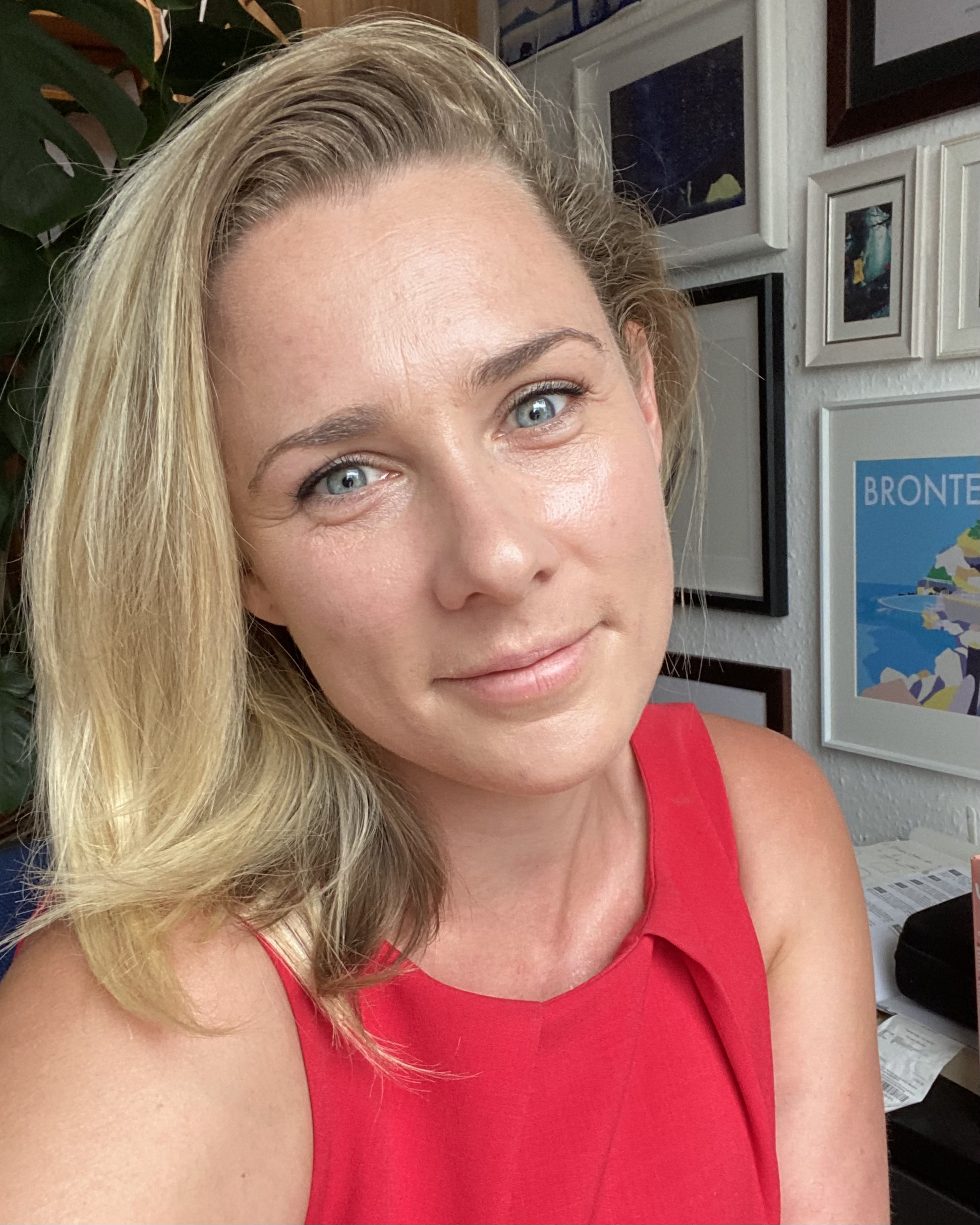

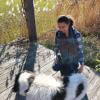



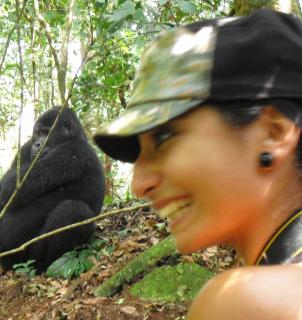





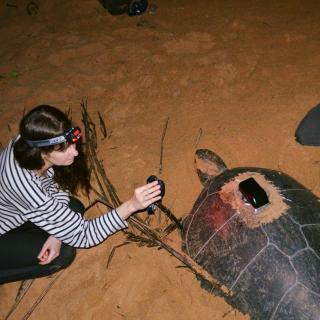
20 August 2018 2:39pm
Thanks for posting @StephODonnell . Do you happen to know if remote participation is feasible for community members not in Cambridge, and if workshop materials can be shared?